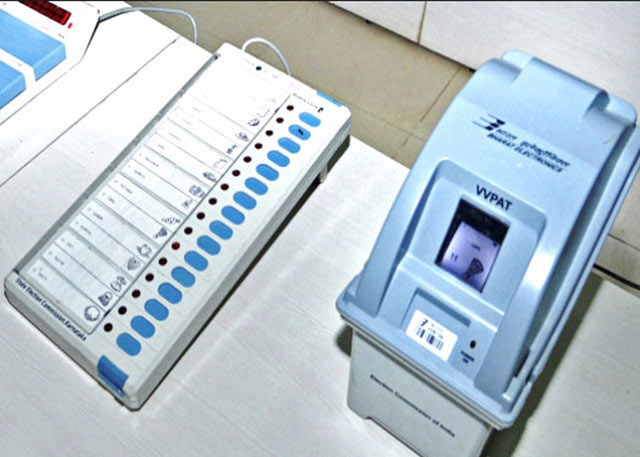The Bharatiya Janata Party (BJP)- led National Democratic Alliance (NDA) government has signaled its intent to implement the ‘One Nation, One Election’ policy within its current term.

According to sources, it is even possible that the related bill could be introduced in the next parliamentary session.
If implemented, it would synchronize national and state elections, marking a pivotal shift in India’s electoral procedure, and potentially streamline the democratic process and reduce the frequency of election-related disruptions to administrative processes.
PM Modi’s ambitious reform
Prime Minister Narendra Modi has been a vocal advocate for this reform, highlighting its benefits during his Independence Day speech earlier this year, urging all political parties to support this initiative for the nation’s progress.
Despite not securing a single-party majority in the recent Lok Sabha elections, the BJP has expressed optimism about garnering cross-party support, especially with the backing of its NDA allies.
The government’s strategy included setting up a committee under former President Ram Nath Kovind to explore the legislative framework needed for simultaneous elections. The panel’s recommendations were to synchronize Lok Sabha and state assembly elections and hold local body polls within 100 days after that.
Old concept yet never been implemented
The concept of ‘One Nation, One Election’ has been discussed for years. Proponents argue it would reduce the cost of elections, curb the influence of black money in politics, and allow for more focused governance without the frequent imposition of the Model Code of Conduct.
Other plans in the pipeline
The government’s agenda also touches on other critical reforms like initiating the long-overdue census exercise, which has not been conducted since 2011, and addressing the statehood status of Jammu and Kashmir post-assembly elections.